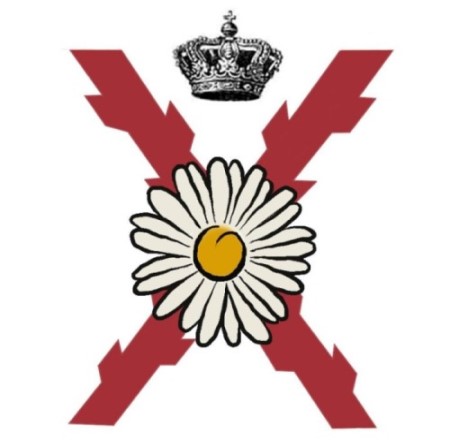
(Versión en español más abajo)
Father Ferrer was born in 1553 in Valencia, Spain. Little is known about his early life. After his studies he was ordained a priest. He volunteered to travel to the New World to evangelize.
As soon as he arrived, he gave himself to convert the natives. He was considered a saintly priest and was thought to have the gift of prophecy and of performing miracles. From the beginning, Father Ferrer began to learn the Aztec language and use it for the evangelization. He wrote a Catechism illustrated with indigenous hieroglyphic. In addition, he wrote a letter that his family sent to the Pope Paul III explaining the book and his work. Pope Julius III, his successor, answered with a letter, asking Father Ferrer to come to Rome and bring his book. The Pope notified his superiors not to forbid the voyage.
When he was saying good-by to his brothers, Father Ferrer pronounced the following prophetic words: Woe are we, who are going to Spain, because neither we nor the fleet will arrive there. Most of us will perish and those surviving will experience harsh conditions, though finally all, but a few will perish, and I will remain secluded in remote places and live for a few years in health, but this trip is important to me so that God’s will may be done. Father Ferrer embarked with the rest at Veracruz. The ships were intercepted by a violent hurricane and they were wrecked off the coast of Texas, near present Mansfield Cut and Padre Island. Out of the 1.000 travelers only some 304 survived, among them Father Ferrer and four other Dominican priests. It is thought that he fell captive of a wild tribe and died as a slave. It is unknown if he died of exhaustion or was killed directly by them. Some say he was captured while unconscious on the shore, others say he sacrificed himself in order for others to escape. Either way he has always been considered a martyr of the Church. His prophecy before he embarked had been fully fulfilled and the manuscript of his book that he was carrying for the Pope was sadly lost in the wreckage.
Roland Flores, Traditionalist Carlist Circle Camino Real de Tejas
***
El Padre Ferrer nació en 1553 en Valencia, España. Poco se sabe de los primeros años de su vida. Tras sus estudios se ordenó sacerdote. Se ofreció voluntario para viajar al Nuevo Mundo a evangelizar.
Nada más llegar, se entregó a la conversión de los nativos. Se le consideraba un sacerdote santo y se decía que tenía el don de la profecía y de hacer milagros. Desde el principio, el padre Ferrer comenzó a aprender la lengua azteca y a utilizarla para su apostolado en la evangelización. Escribió un catecismo ilustrado con jeroglíficos indígenas. Además, escribió una carta que su familia envió al Papa Pablo III explicando el libro y su obra. El Papa Julio III, sucesor del Papa Pablo III, contestó con otra carta en la que pedía al padre Ferrer que fuera a Roma y trajera su libro. El Papa pidió expresamente a sus superiores que no prohibieran el viaje.
Cuando se despedía de sus hermanos, el padre Ferrer pronunció las siguientes palabras proféticas: «¡Ay de nosotros, que vamos a España, porque ni nosotros ni la flota llegaremos allí! La mayoría perecerá y los que sobrevivan pasarán duras penalidades; de los que sobrevivan no todos, pero unos pocos perecerán, y yo me quedaré recluido en lugares remotos y viviré unos años con salud, pero este viaje es importante para mí para que se haga la voluntad de Dios». El padre Ferrer embarcó con el resto de pasajeros en Veracruz. Los barcos se vieron afectados por un violento huracán, y naufragaron frente a la costa de Texas, cerca de los actuales Mansfield Cut y Padre Island. De los 1.000 viajeros sólo sobrevivieron unos 304, entre ellos el padre Ferrer y otros cuatro sacerdotes dominicos. Se cree que cayó cautivo de una tribu salvaje y murió como esclavo. Se desconoce si murió de agotamiento o si directamente fue asesinado por ellos. Algunos dicen que fue capturado mientras estaba inconsciente en la orilla, otros dicen que se sacrificó para que los demás pudieran escapar. En cualquier caso, siempre se le ha considerado un mártir de la Iglesia. Su profecía de antes de embarcar se cumplió plenamente. Hay que lamentar que el manuscrito de su libro que llevaba para el Papa se perdió entre los escombros.
Roland Flores, Círculo Carlista Camino Real de Tejas




Deje el primer comentario